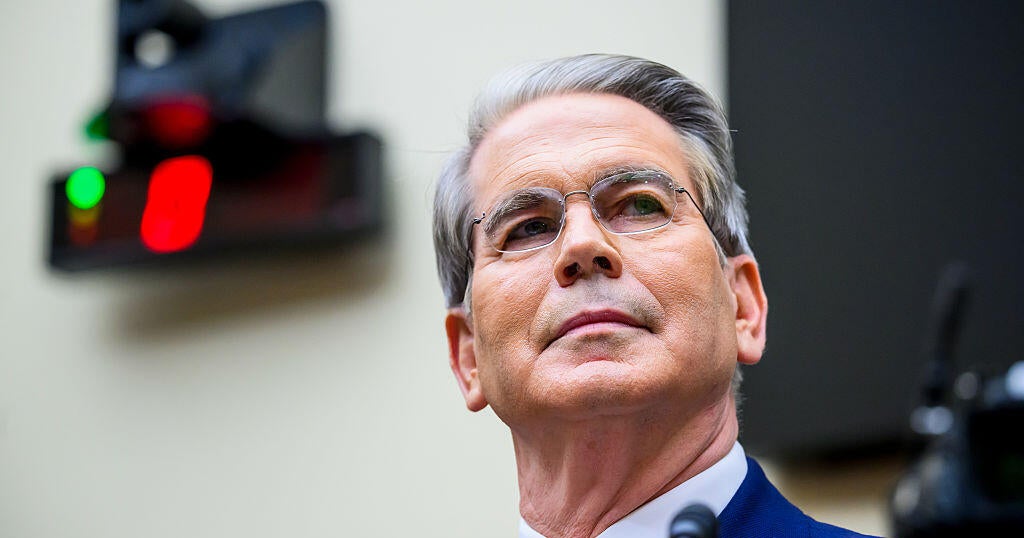U.S. could face default by August if debt ceiling not addressed, Bessent says
U.S. could face default by August if debt ceiling not addressed, Bessent says

The so-called “X-date” marks when the government could run out of borrowing power and face an unprecedented default without action from Congress to address the debt limit.
Read the full article on CBS Politics
Truth Analysis
Analysis Summary:
The article is mostly accurate, with the primary claim about a potential default by August supported by multiple sources. The article presents the information in a relatively neutral manner, although the framing of the issue as a potential "unprecedented default" could be seen as slightly alarming. Minor details, such as the specific individual ("Bessent") making the claim in the title, are not consistently verified across all sources, but the core assertion is well-supported.
Detailed Analysis:
- Claim:** U.S. could face default by August if debt ceiling not addressed.
- Verification Source #1: Supports this claim, stating the US Treasury risks payment default as soon as August if lawmakers fail to raise or suspend the debt limit.
- Verification Source #2: Supports this claim, stating the US could run short of money to pay its bills by August without a debt limit deal.
- Verification Source #3: Partially supports this claim, stating the US will breach the debt ceiling between July and October.
- Verification Source #5: Supports this claim, stating the US could run short of money to pay its bills by August without a debt limit deal.
- Claim:** The "X-date" marks when the government could run out of borrowing power and face an unprecedented default.
- Verification Source #1: Supports the idea of running out of money.
- Verification Source #4: Supports the idea that not acting on the debt limit could be dangerous.
- The term "X-date" is not explicitly defined in the provided sources, but its meaning is implied. The "unprecedented default" aspect is not directly addressed by the sources, but the potential for default is clearly indicated.
Supporting Evidence/Contradictions:
- Verification Source #1: "US Faces Payment-Default Risk in August, September, CBO Says ... could run out of enough money to pay all of its bills on time as soon as August if lawmakers fail to raise or suspend the debt limit." This directly supports the article's main claim.
- Verification Source #2: "US could run short of money to pay its bills by August without a debt limit deal - CBO says." This reinforces the August timeframe and the connection to the debt limit.
- Verification Source #3: "US will breach debt ceiling between July and October unless..." This source provides a broader timeframe (July to October) for the potential default, which is slightly different from the August date mentioned in the CBS article and other sources.
- Verification Source #4: "Trying to time a debt limit increase to the last minute could be very dangerous. If Congress does not act and the U.S. suddenly cannot pay its…" This supports the potential negative consequences of not addressing the debt limit.
- Verification Source #5: "US could run short of money to pay its bills by August without a debt limit deal - CBO says." This reinforces the August timeframe and the connection to the debt limit.
